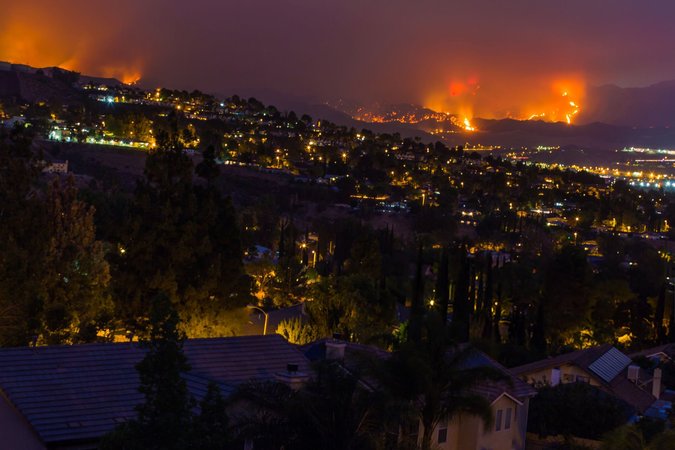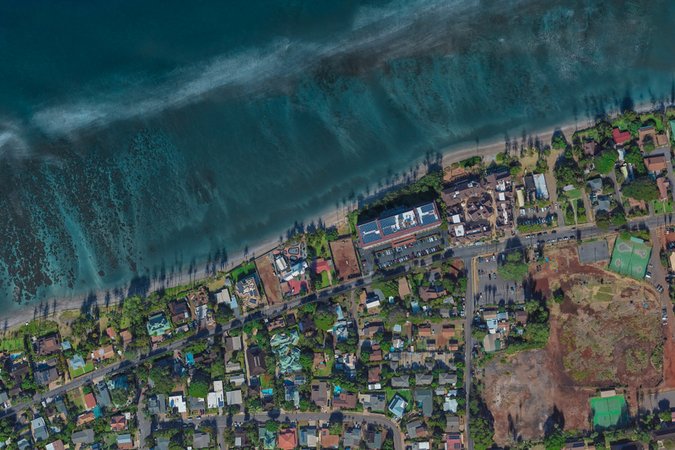Wildfires, Smoke, and Outdoor Recreation in the Western United States
An external event hosted by the Allied Social Science Association
Event Details
Each year, the American Economics Association (AEA), in conjunction with 64 associations in related disciplines known as the Allied Social Science Associations (ASSA), holds a three-day meeting each January to present papers on general economics topics called the ASSA annual meeting.
On Tuesday, January 5th, 2021, Resources for the Future (RFF) Senior Fellow, Margaret Walls presented her and her associates paper on "Wildfires, Smoke, and Outdoor Recreation in the Western United States."
Abstract
Outdoor recreation on public lands has increased in popularity in recent years, particularly in the western US. At the same time, the prevalence of wildfires in the region is on the rise. In many areas, wildfire season overlaps with peak outdoor recreation season. In this study, we combine daily observational data on outdoor recreation over a ten-year period across the western continental US with daily data on wildfire burn areas and smoke plumes to assess the impact of wildfires and smoke on recreation.
Our recreation data are daily campground reservation data collected from Recreation.gov, a website and reservation management system through which campers make reservations to approximately 3,700 federally-managed campgrounds across the US. Our data set includes 25 million transactions from more than 3 million unique users over a ten-year period. We aggregate daily camping reservation records by campground and use panel fixed effects regressions to estimate effects of wildfire and smoke conditions on new reservations, cancellations, and campground occupancy.
We find statistically significant effects of smoke and fire on campground use, but the magnitudes of the effects are relatively small. For example, on days with nearby wildfires, campground occupancy declines by 6 percentage points, on average, and the number of reservation cancellations increases by 25 percent in the week leading up to arrival. The presence of smoke reduces campground occupancy rates by only 1.4 percentage points, on average, and increases cancellations by 4 percent. The lack of sizeable averting behavior means that a substantial number of campers are affected by fire and smoke. We calculate that 1.5 million camping visitor-days per year, on average, were under smoke plumes during our sample period, 17 percent of all camping visitor-days in the West.




